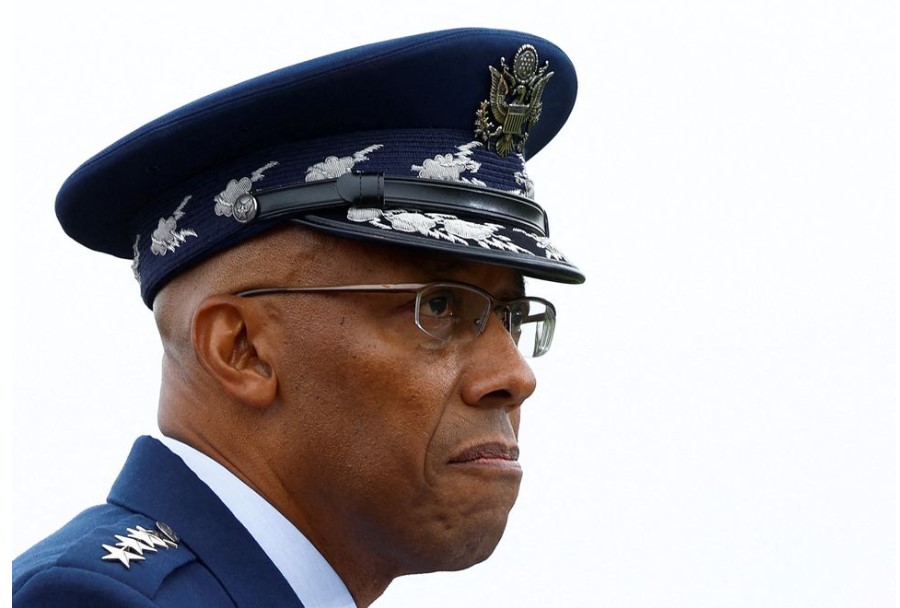The White House on Monday said that Iran was complicit in the attacks on Israel by the Palestinian Islamist group Hamas, even though the US has no intelligence or evidence that points to Iran’s direct involvement. The statement came as the conflict between Israel and Hamas escalated to the Israeli-Lebanese border, where the Iran-backed Hezbollah fired rockets at northern Israel.
The US accused Iran of providing weapons and funding to Hamas and other militant groups in the region, and said that Iran’s actions were destabilizing and dangerous. The US also reiterated its support for Israel’s right to defend itself against the rocket attacks from Gaza, which have killed 12 Israelis and wounded hundreds more.
The US has been trying to revive the 2015 nuclear deal with Iran, which was abandoned by former President Donald Trump in 2018. The deal aimed to curb Iran’s nuclear program in exchange for sanctions relief. However, the talks have been stalled by disagreements over how to restore the deal and what steps each side should take.

US top general warns Iran not to get involved in the crisis
General Charles Q. Brown, the chairman of the Joint Chiefs of Staff, warned Iran not to get involved in the crisis in Israel and said he did not want the conflict to broaden. He made the remarks while traveling to Brussels for a meeting with NATO allies.
“We want to send a pretty strong message. We do not want this to broaden and the idea is for Iran to get that message loud and clear,” Brown said.
He compared Hamas’ actions to those of the Islamic State militants, and said that the US was “surging” fresh supplies of air defenses, munitions and other security assistance to Israel. He also said that the US was sending an aircraft carrier strike group closer to Israel to show support and deterrence.
“It sends a very strong message of support for Israel. But it’s also to send a strong message of deterrence to contain broadening this particular conflict,” Brown said.
Israel-Lebanon border sees cross-border violence
The conflict between Israel and Hamas, which began on October 6, has spread to the Israeli-Lebanese border, where Hezbollah and Palestinian militants have launched attacks on Israel. Hezbollah said it fired dozens of rockets at northern Israel on Monday, in response to Israeli airstrikes on Lebanon last week. Israel said it intercepted most of the rockets and retaliated with artillery fire.
Israel also said that one of its officers was killed during a cross-border raid by Palestinians from Lebanon on Sunday. The Palestinians claimed responsibility for the attack, saying they wanted to avenge the deaths of civilians in Gaza.
The cross-border violence marked a significant expansion of the conflict, which has killed more than 200 Palestinians and injured thousands more in Gaza. The UN has warned of a humanitarian crisis in the besieged enclave, where electricity, water and medical supplies are scarce.
Israel and Hezbollah fought a brutal month-long war in 2006, which ended with a UN-brokered ceasefire. The two sides have since avoided direct confrontation, but have exchanged occasional fire and threats.







